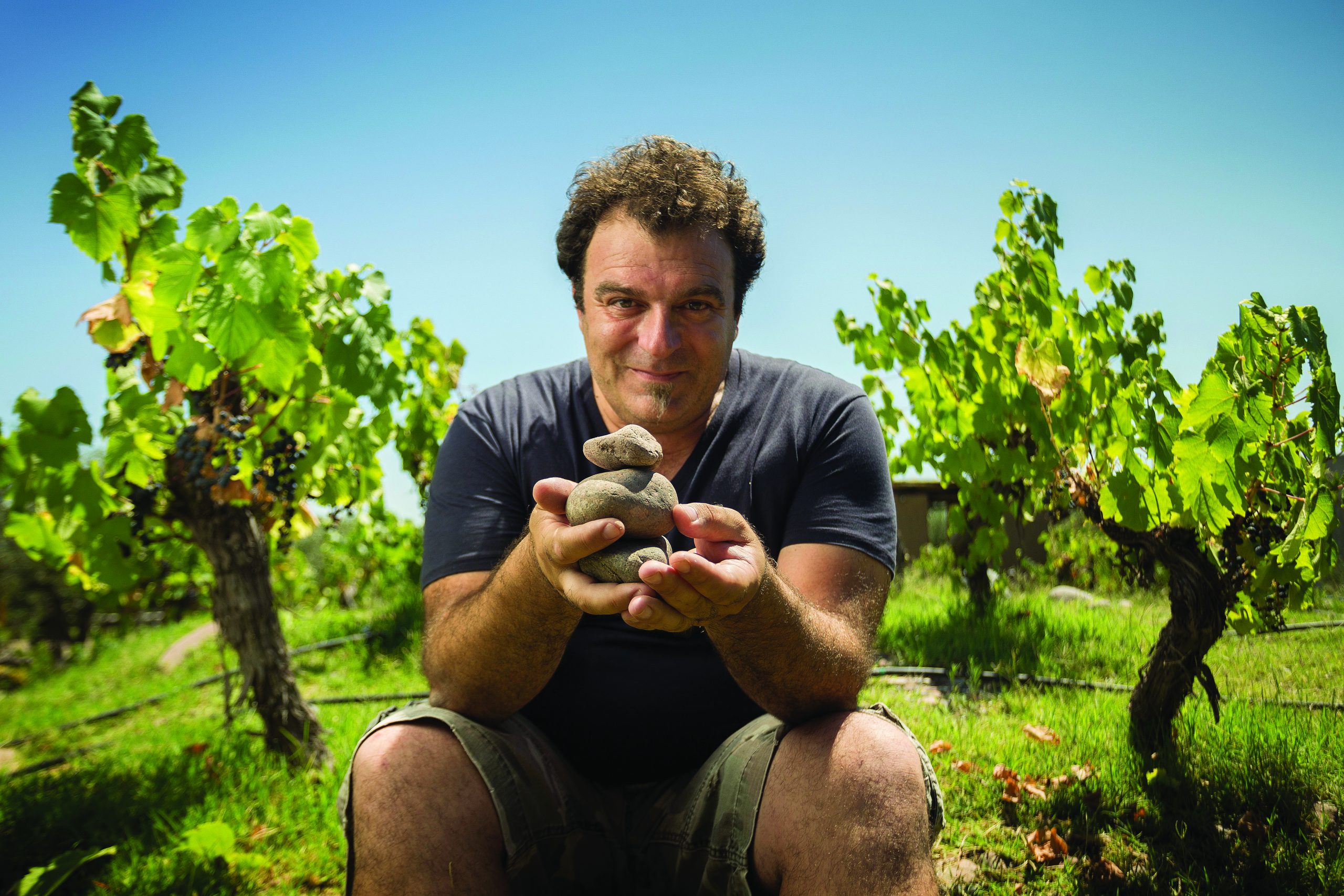Diageo shares surge after Brexit vote
By Ron EmlerDiageo’s chief executive Ivan Menezes made it plain before the Brexit referendum that he wanted Britain to remain a member of the European Union.
Diageo CEO Ivan Menezes
Noting that Britain being part of the single market had benefited Diageo enormously, he said it was “better for the UK, better for Diageo and better for the Scotch whisky industry that we remain in.”
So why have Diageo’s shares surged in the immediate aftermath of the vote to leave? From below £18 before the vote, at the time of writing they have jumped to almost £20 each, which marks a new high for the past 12 months.
As with all shares, the movement is short-term. At times of uncertainty investors seek to mitigate risk and one way of doing that is to hold stakes in companies that have a strong record of continued dividend payment (Diageo’s has increased regularly for many years), that have strong global markets and that are in a “defensive” sector – i.e. one where consumers are unlikely to cut heavily consumption of the products in hard times.
Diageo fits that profile, but that is only one part of the story.
Goods produced in Britain have overnight become cheaper in export markets because of the fall in the pound’s value.
At the time of writing it has lost about 10 cents against both the US dollar and the euro. Less than 10% of Diageo’s revenues come from the UK market, so a weaker pound benefits its top line profits.
This devaluation effect will also benefit other scotch producers such as Wm Grant, which also exports the lion’s share of its production.
It may also be positive for those producers of English wines who are developing export markets. However, all importers of wines and spirits face an immediate currency hit.
Conversely, Pernod Ricard, whose Chivas Bros subsidiary is the second largest player after Diageo in the scotch whisky industry, will face a negative currency effect when it translates its cost of goods in the UK into the euro.
And the lower value of sterling (backed by a possible UK interest rate cut) means that Diageo’s debt will be comparatively cheaper to service as most of it is denominated in sterling.
Partner Content
So short-term benefits have pushed Diageo’s shares higher, but the currency benefit will not be relevant to its annual results which will be published at the end of July. Its fiscal year ends tomorrow (June 30) as does Pernod-Ricard’s.
Longer-term , Menezes’ anxieties are firmly based. Once Article 50 of the EU’s Lisbon Treaty is invoked by the UK, British companies will continue to trade with the other 27 member countries on the same basis as today for maximum of two years. But as the negotiations progress, fact and fear will combine to make investors wary and shares volatile.
First, it is far from certain that UK spirits producers will be able to continue exporting to the remaining 27 EU members on the same basis as today.
More widely, as the Scotch Whisky Association stresses, the EU has brokered critical trade deals for the industry that will cease to apply after Britain’s formal exit. They include a zero tariff rate in South Korea and the agreement with Vietnam to cuts its duties from 45% of value over a number of years. Nobody knows whether these conditions will remain after that date as Britain (if Scotland remains in the Union), will need to negotiate its own trade deals on a one-off basis round the world.
Similarly “Scotch Whisky” is a protected Geographical Indication that the SWA fights hard to protect. But will that right always be respected once Brexit is a fact?
So while some investment houses and commentators believe that in the long run the benefits of the lower level of the pound will outweigh the potential negative effects of Brexit on UK-listed Scotch producers, notably Diageo, others fear that the eventual influences will be negative and that share prices will remain volatile.
Meanwhile, everyone is looking to Westminster. Will the incoming government need to impose further austerity? Will alcohol duties remain unchanged?
Nobody knows.




